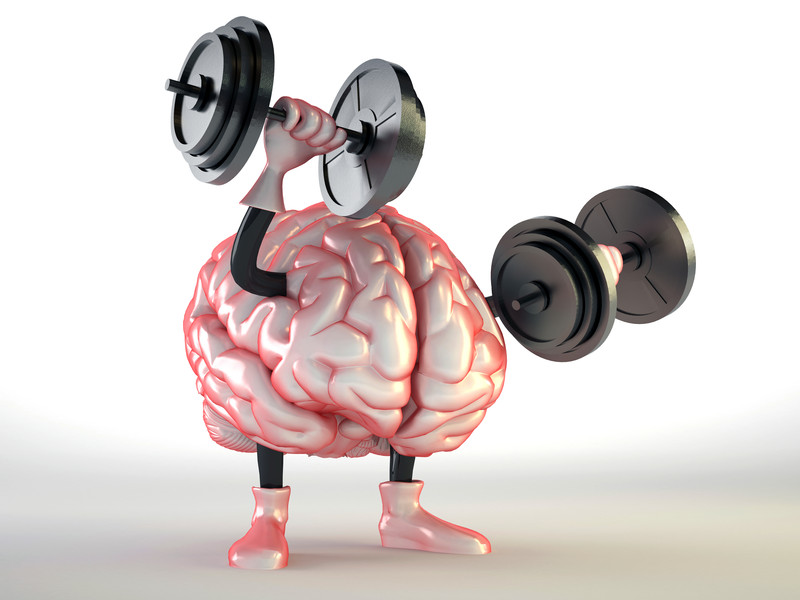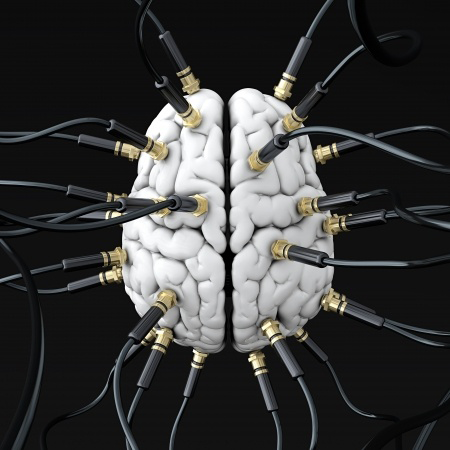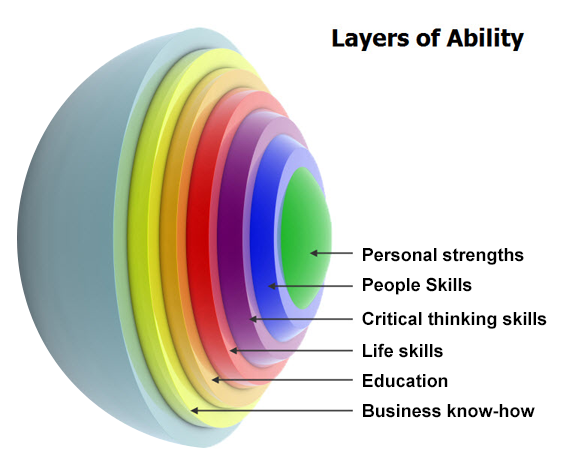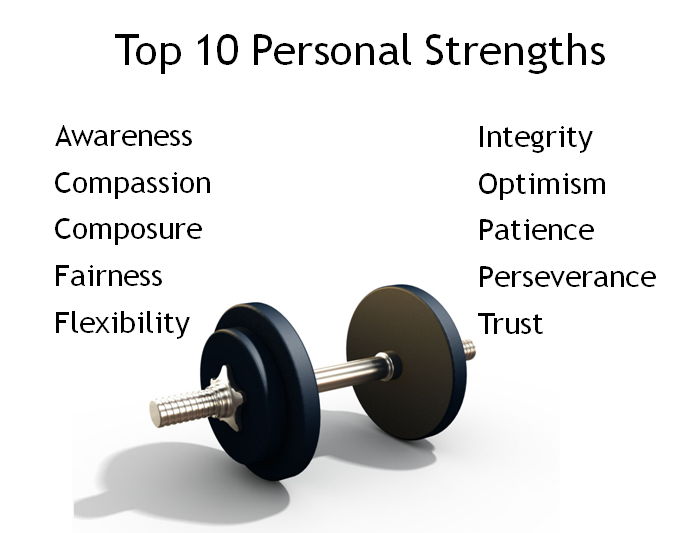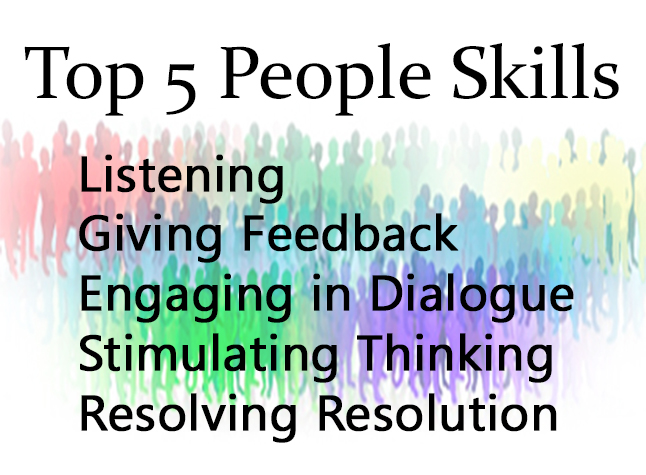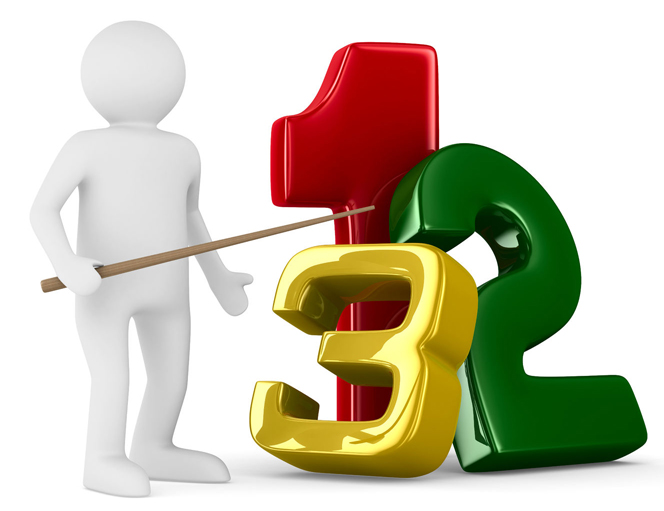
Three Skills Every Leader and Parent Should Use

In the first job where I supervised other people, I made a terrible mistake.
One day, a woman on my team told me she had done something without asking me, something she thought I’d be happy about. As I listened to her describe what she did, I let my facial expression communicate that I wasn’t pleased about the action she’d taken. I don’t think I actually scowled, but I probably came pretty close.
I watched her positive energy and enthusiasm evaporate before my eyes as she realized I didn’t approve of what she’d done. She had expected accolades for taking initiative and ended up apologizing for not checking with me first.
Back then, I wasn’t adept at using these three essential interpersonal skills, which apply to managers, entrepreneurs and parents alike:
Listen without judging.
That means not SAYING anything and not SHOWING disapproval while the person is talking. Be patient and give her time to finish.
Don’t assume you know where the story is going because you might start creating the ending in your own mind. And when you do that, it means you’ve stopped focusing on what the speaker is saying and you’re paying more attention to your own thoughts.
Ask questions to learn more.
Don’t jump to conclusions about what you think the person meant or what his motives were. Asking open-ended questions helps you find out what mental processes he was actually using when he made the decision to take a specific action.
These five questions from the Reflection exercise in our online coaching system, ProStar Coach, work like magic:
- What happened? (to find out the sequence of events and who did what)
- Why did it happen that way? (to discover motives, cause and effect, what helped or hindered)
- What were the consequences? (to explore problems, benefits, outcomes, costs)
- How would you handle a similar situation in the future? (to draw out lessons learned)
- What are you next steps? (to think about how to apply the learning)
Affirm the person’s actions.
When someone has made a mistake or shown an error in judgment, it’s easy to use language that comes across as criticism of him and not what he did. Separate a person’s actions from his worth as an individual by pointing out what you value about him.
In the situation with this employee, I could have sincerely praised her for taking initiative because that is a behavior I value and wanted to see in the future. Instead, my negative reaction had the opposite effect, at least in the short term. I inadvertently discouraged her from looking for opportunities where she could make additional contributions.
Today I work hard to apply these three skills. I know what a difference they make in my relationships when I use them well, and the havoc they cause when I don’t.
“Outstanding leaders go out of their way to boost the self-esteem of their personnel. If people believe in themselves, it’s amazing what they can accomplish.” – Sam Walton
ABOUT THE AUTHOR
Meredith Bell is co-founder and President of Performance Support Systems (PSS), a global software company that publishes 20/20 Insight GOLD, an award-winning 360 feedback and survey system, and Strong for Performance, an online coaching system for personal and professional development. Learn more about how you can use these tools to help the leaders you work with and get the free guide, “The 5 Secrets to Getting Better at Anything.” Connect with Meredith on LinkedIn.


